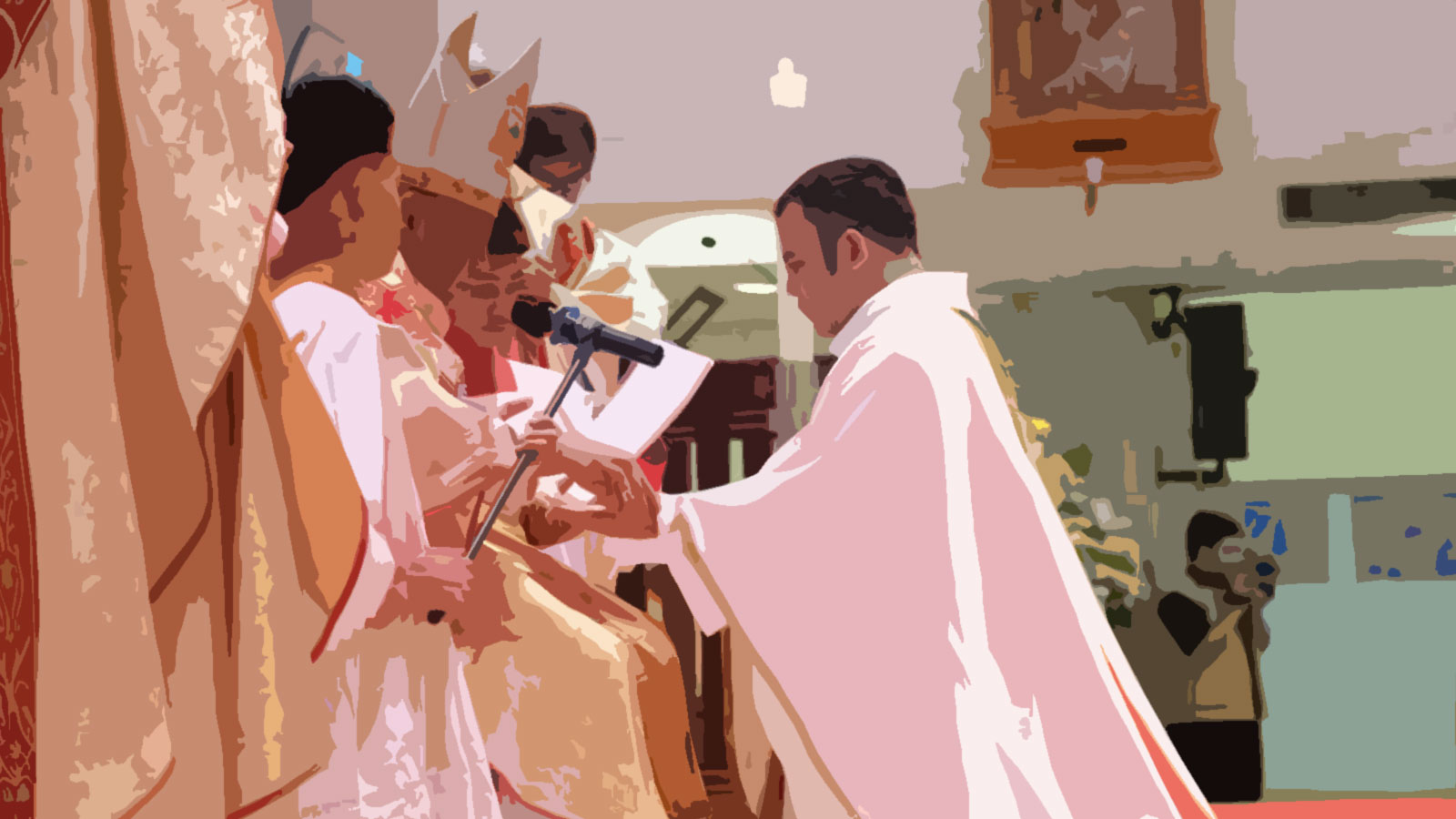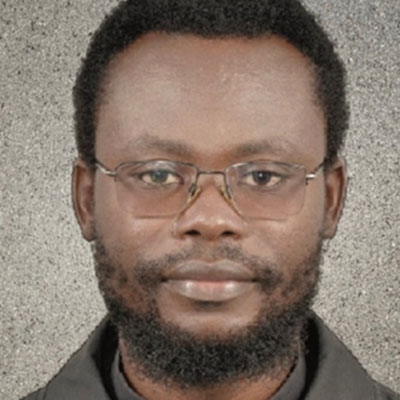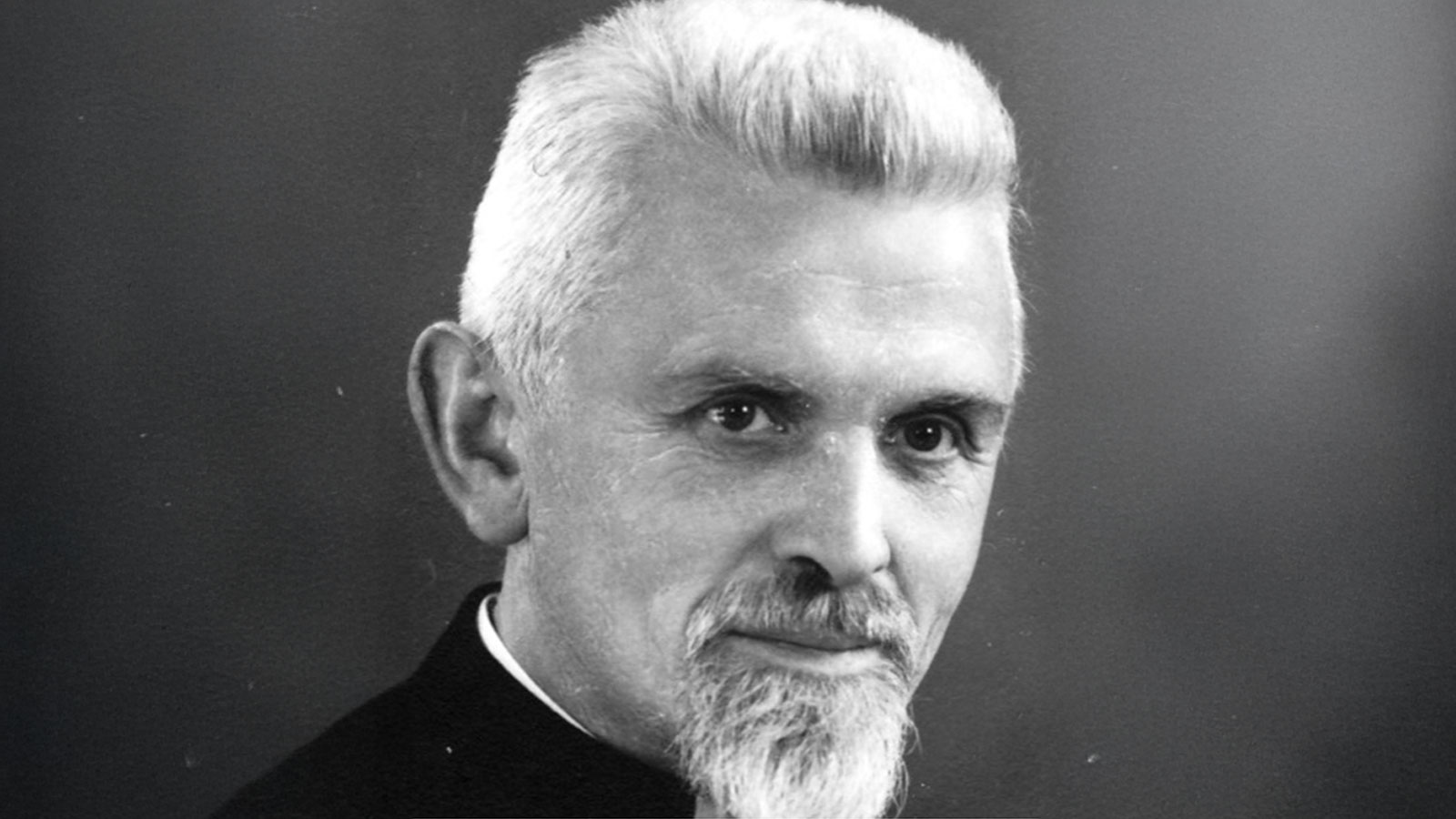 By Wilfried Meulemeester, cicm
By Wilfried Meulemeester, cicm
Missionary in Belgium
The people in the non-profit organization I work with in Oostende are committed in the context of a multicultural society. Working with individuals from diverse cultures and religions is a challenging but significant opportunity. Our work centers engaging with other cultures is a top priority for CICM missionary efforts.
Oostende is a city that functions as the terminus and center of the region. With a diverse population, the city is home to people from different cultural backgrounds, mentalities, migrants, refugees, and those without legal residency. Many individuals who live on the outskirts of society are attracted to the city. One CICM missionary task is to work in the periphery, assisting those who are marginalized.
Migration in Oostende
In the past, Oostende used to be a popular gateway to England, but those days are long gone. Previously, an average of seventy migrants in transit would visit the Jakoeboe non-profit organization's food distribution center every week. Although there is no longer a fixed ferry link with England, the transit migrants have not completely disappeared. Oostende lies on the Calais-Dunkirk-Zeebrugge axis, and in the past two years, there has been a significant increase in attempts by migrants to cross from the Calais coast to England through "small boats". However, there has been a recent sharp decline in the number of migrants along our coasts.
Several groups of volunteers from the Oostende area travel to Dunkirk or Calais every week to provide supplies for migrants who are staying there in terrible conditions. In Oostende, there are now fewer transit migrants and they are less visible. Last year, in May, the non-profit organization "Hart boven Hard" organized a moment of remembrance on the Belgian coast to honor the memory of 19-year-old Ali from Sudan. He had tragically lost his life on a breakwater in Oostende, seeing no other way out of his desperate journey to the UK.

Various social commitments
In Oostende, along with others, we engage with the multicultural world and with the local fourth world, the underprivileged in our local communities. Loneliness is a common problem among older individuals and is often a significant concern. Poverty is not far away for some of them, and it is real.
Our CICM Congregation recommends finding missionary projects that clearly articulate justice, peace, and care for our earth and other commitments. We also foster inter-religious dialogue. We do this in conjunction with Jakoeboe - Welzijnsschakel Vluchtelingen - for food distribution, accompaniment, and monthly multicultural celebrations in the Hazegraskerk, in collaboration with the United Protestant Church, with fellow CICM confreres in the commitments for Justice, Peace and Integrity of Creation (JPIC).
As religious, CICM Missionaries (Scheutists) are called to assume a critical prophetic vocation.
We must pay attention to and address the "peripheral situations" in our society. In Oostende and other places, such situations can be found. These situations include an elderly population that lives in extreme loneliness and poverty, homeless people, individuals who are 'stranded,' and those who are struggling with drug addiction. Multiculturalism is also a factor, with over 150 nationalities present, including individuals without legal residence and those in transit in the coastal strip. Many different religious groups, churches, temples, and mosques are present. People often experience a need for meaning in their lives, which can lead to psychological problems when unmet. The late singer Arno once said, "If I hadn't had music, it would have ended badly for me."
Our goal within the Church is to promote and maintain a missionary spirit locally and in the CICM. We have noticed that Christianity is becoming less prevalent in our society, and Flemish missionaries who used to go to faraway lands are now dwindling in number. We want to increase awareness about missionary work in our town and region, as many people have never heard of it or do not associate it with the term "missionary work." However, we are fortunate to have a lot of concrete solidarity among our population. For instance, many volunteers assisted in vaccination centers during the Corona pandemic, and others are currently helping to welcome Ukrainian refugees. There is also a lot of voluntary involvement in initiatives related to the Fourth World, food distributions, activities in meeting centers, and within the Church itself.
Our churches have always been actively involved in society by establishing hospitals, working for the disabled, and running schools. These initiatives have been emulated by civil society as a whole and have been successful. However, there are still some significant challenges within the Church itself that need to be addressed, such as giving more responsibility to the laity, empowering women, and finding meaning in life.
Today's Christian communities have a keen and modest aim to serve missionary needs. More and more, the leaders of our churches are paying attention to distressing peripheral situations. They are becoming true missionary churches. §








